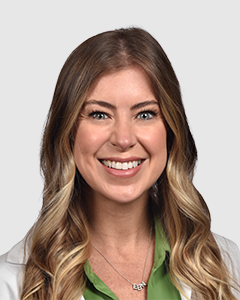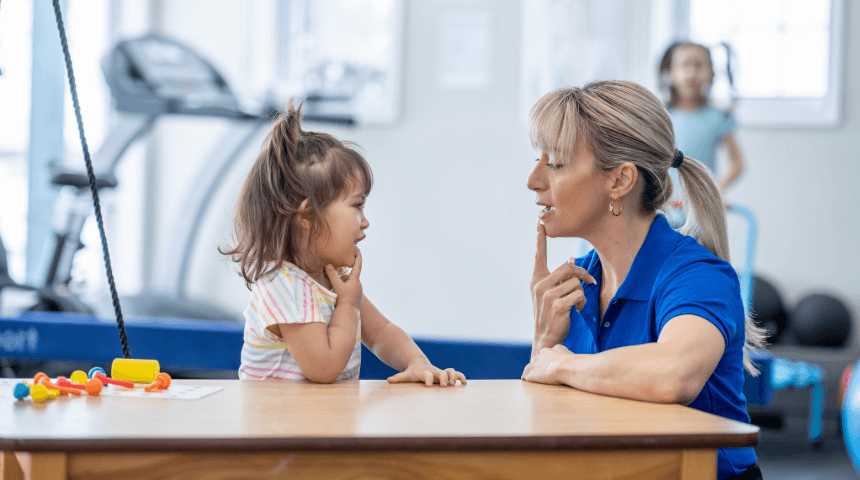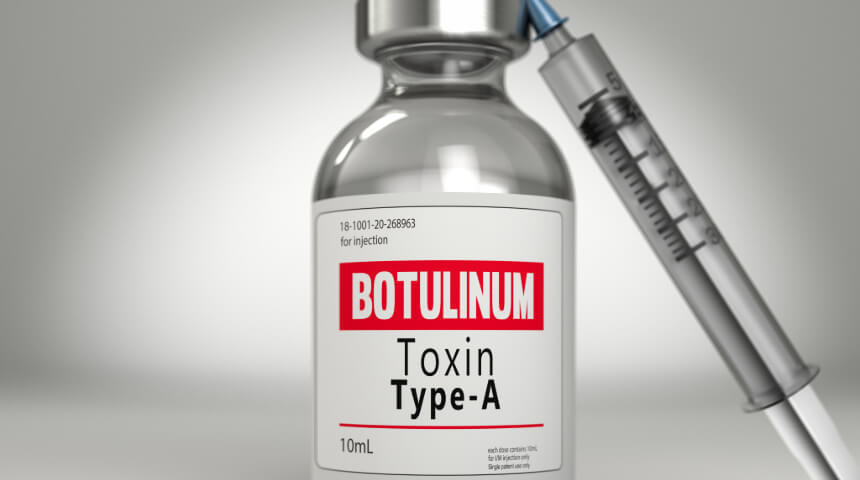RSV is so common that most children have been infected with it by the time they're 2 years old. The virus can cause complications, especially in infants, that require hospitalization. Here’s what you need to know.
What Is RSV?
Respiratory syncytial virus is a common respiratory virus that usually causes mild, cold-like symptoms. Most kids recover in a week or two, but RSV can be serious for babies and young children. As many as 80,0000 children younger than 5 years are hospitalized annually in the United States because of the virus. It can cause bronchiolitis (inflammation of the small airways in the lung) and pneumonia (infection of the lungs). A child who develops bronchiolitis will have difficulty moving air as breathing passages swell.
Many areas of the country have a peak season for the virus, usually between December and March. In some areas, such as Florida, RSV can be present earlier in the year and last longer.
Look for These RSV Symptoms
Symptoms of RSV can vary among children. During the early stages of the disease, your child may develop a runny nose, cough and/or fever. If the infection is more severe, you will notice breathing problems and refusal to eat. For babies under 6 months, symptoms might include irritability, decreased activity, eating or drinking less and apnea (pauses in breathing for more than 10 seconds.)
If your child has these symptoms, ask if your pediatrician can test for RSV in the office or if you need to go to an urgent care center or hospital.
How RSV Is Treated
There is no antiviral medication to treat RSV, and antibiotics should not be given to your child because RSV is not a bacterial infection.
Milder cases of RSV are treated at home with nasal saline, a cool mist humidifier and liquids to keep your child hydrated.
In more severe cases, infants with RSV may need to be hospitalized. They may require oxygen, IV fluids and mechanical ventilation to help with breathing. Most babies improve with this type of care and are discharged in a few days.
Who Is Most at Risk?
Children at greatest risk for severe illness from RSV include:
- Premature infants
- Infants 1 year old and younger, especially those 6 months and younger
- Children younger than 2 years with chronic lung disease or congenital heart disease
- Kids with weakened immune systems
- Children who have neuromuscular disorders, including difficulty swallowing or clearing mucus secretions
How To Prevent RSV
The best way for you and your child to prevent the spread of RSV is by making sure you adopt everyday habits, including Frequent hand washing; avoiding being around sick people; cleaning commonly touched items, such as phones, door handles and shared toys; and covering your face when sneezing or coughing.
To prevent severe RSV disease in infants, the Centers for Disease Control and Prevention recommends either maternal RSV vaccination or infant immunization with an RSV monoclonal antibody. Most infants will not need both. The guidelines specify:
- Pregnant women are encouraged to get the RSV vaccine between 32 and 36 weeks during September through January in most of the continental United States.
- All infants 8 months and younger born during or entering their first RSV season should receive one dose of nirsevimab.
- Infants and children 8 to 19 months who are at increased risk for severe RSV disease and are entering their second RSV season should receive one dose of nirsevimab.
- Children 2 years and younger with certain conditions that place them at high risk for severe RSV disease should receive palivizumab once a month during RSV season.
Choose to Stay in Touch
Sign up to receive the latest health news and trends, wellness & prevention tips, and much more from Orlando Health.
Sign Up










